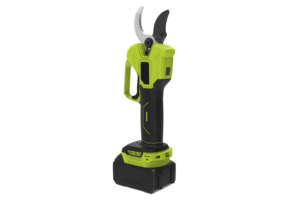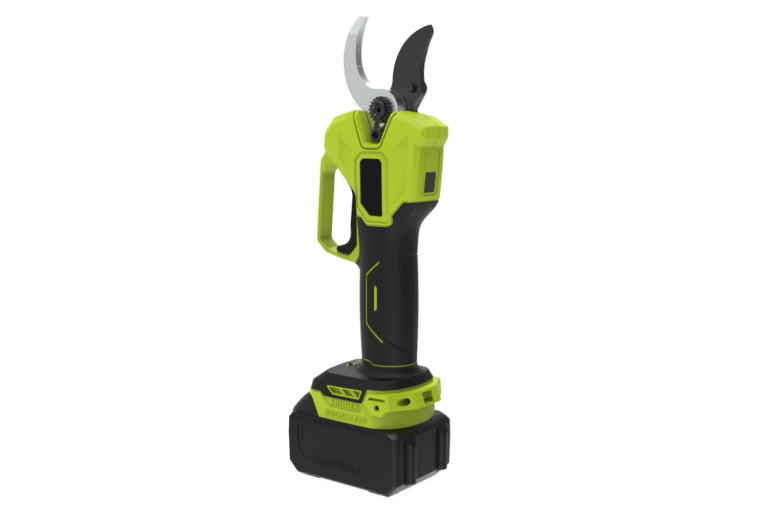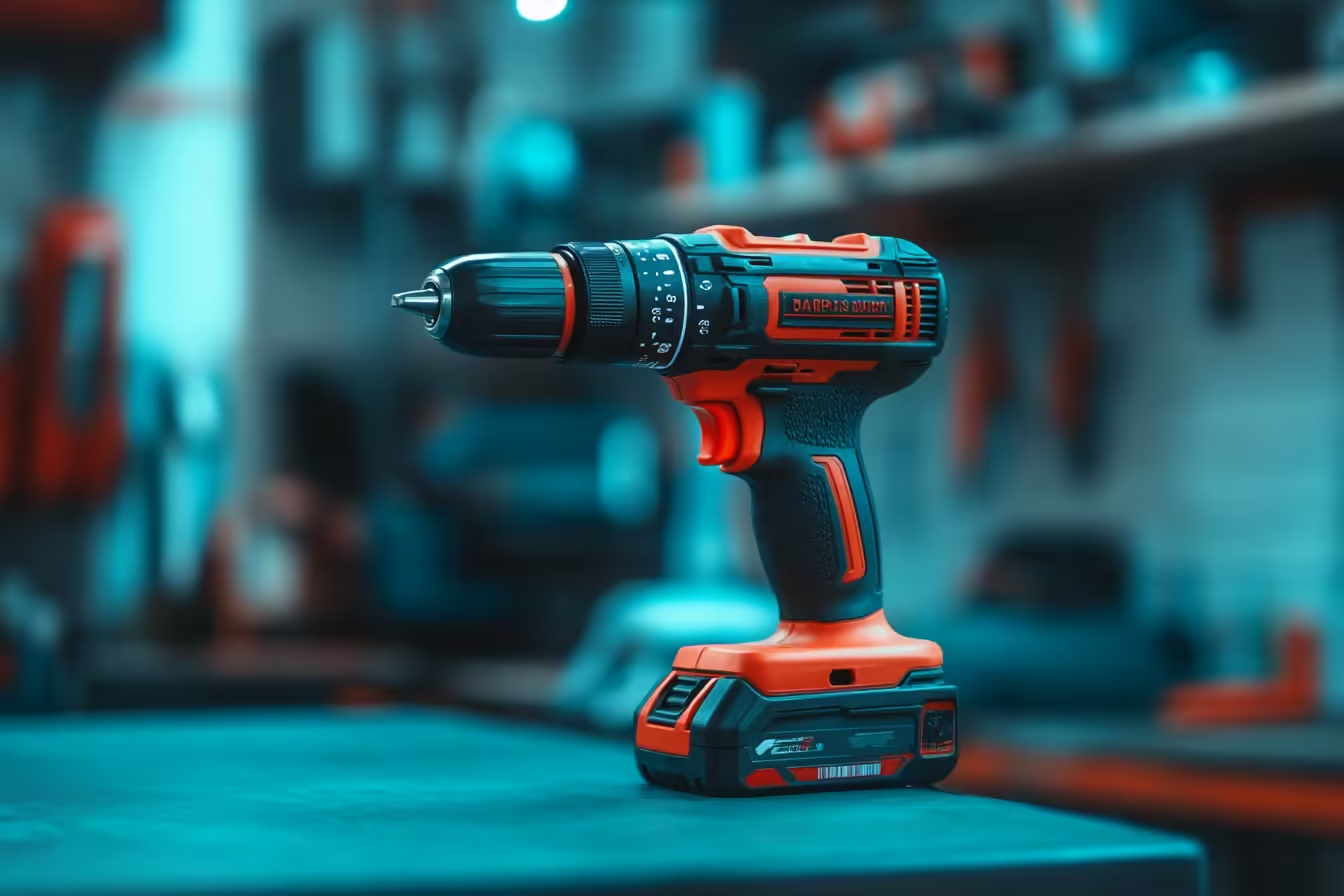
Understanding the cost differences in cordless power tools is more than a simple price comparison; it's about knowing what makes each tool worth the investment.
The cost of cordless power tools depends on factors like battery life, brand reputation, and added features like power, durability, and reliability.
That means choosing the right tool involves balancing your budget with your needs for quality, power, and convenience.
Why are cordless tools more expensive?
Cordless tools offer freedom, but it comes with added costs, mainly due to battery technology.
Cordless tools tend to be pricier due to advanced lithium battery technology and durable materials designed to withstand heavy-duty use.
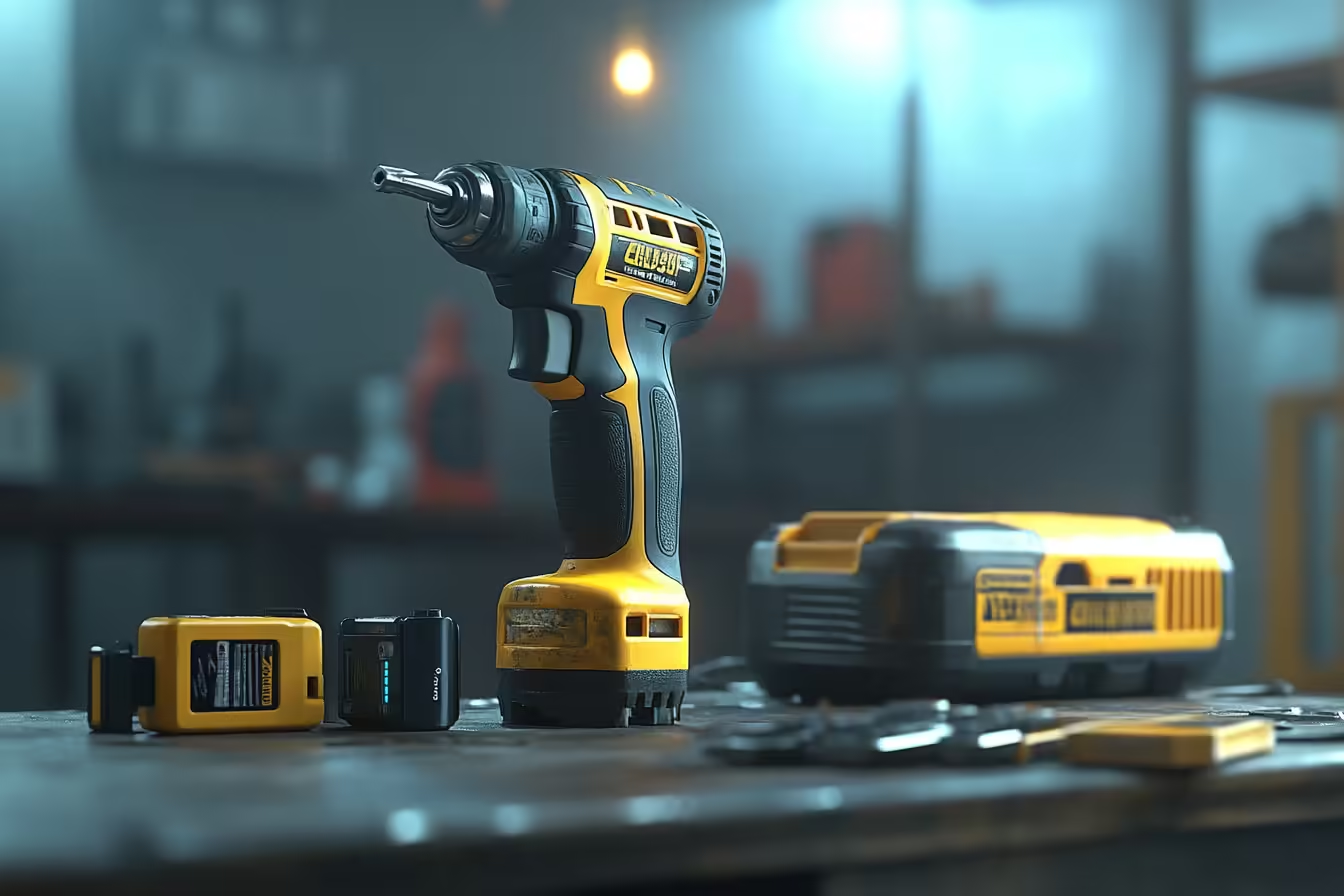
The extra cost in cordless tools often boils down to the battery. Lithium-ion batteries, while lightweight and powerful, are costly to produce. Plus, brands invest heavily in durable casings, brushless motors, and added safety features], aiming to ensure these tools endure frequent use. Whether you’re a weekend DIY enthusiast or a daily contractor, you’ll find that premium cordless tools deliver in performance, but the initial cost is definitely higher. Over time, you’ll see value in fewer cord hassles and the convenience of portability.
What is the major disadvantage of cordless power tools?
While cordless tools excel in portability, they do have some trade-offs, particularly in power consistency.
The main drawback of cordless power tools is battery dependency, which can lead to limited usage time and lower peak power.
Battery life is finite, and depending on the task, you might need multiple batteries to get through a day’s work. For larger jobs, that battery swap can be frustrating. Another point to consider is power. Some heavy-duty corded tools still outperform their cordless counterparts when it comes to raw power. If you’re working on demanding projects like concrete drilling or metal grinding, you might miss the steady power a corded tool provides. So, it’s all about what kind of work you need to tackle.
What is the main advantage of using cordless power tools?
Despite their drawbacks, cordless tools offer unmatched freedom that can make any job easier and quicker.
The standout advantage of cordless tools is their mobility, which allows you to work anywhere without being tied to an outlet.

Imagine needing to fix a fence1 on a sprawling property or working up high where cords would just get tangled. In these scenarios, cordless tools shine. You can work without needing to constantly reposition the cord, which saves time and reduces accidents. Plus, newer batteries2 last longer and charge faster than ever before, meaning even big jobs are more feasible with cordless tools now. For professionals and hobbyists alike, this mobility can make all the difference.
What is the best brand of cordless power tools?
Selecting the "best" cordless power tool brand depends on your specific needs, from budget constraints to task demands.
Top brands for cordless tools include Milwaukee, DeWalt, Makita, and Bosch, each known for different strengths in durability, power, and innovation.
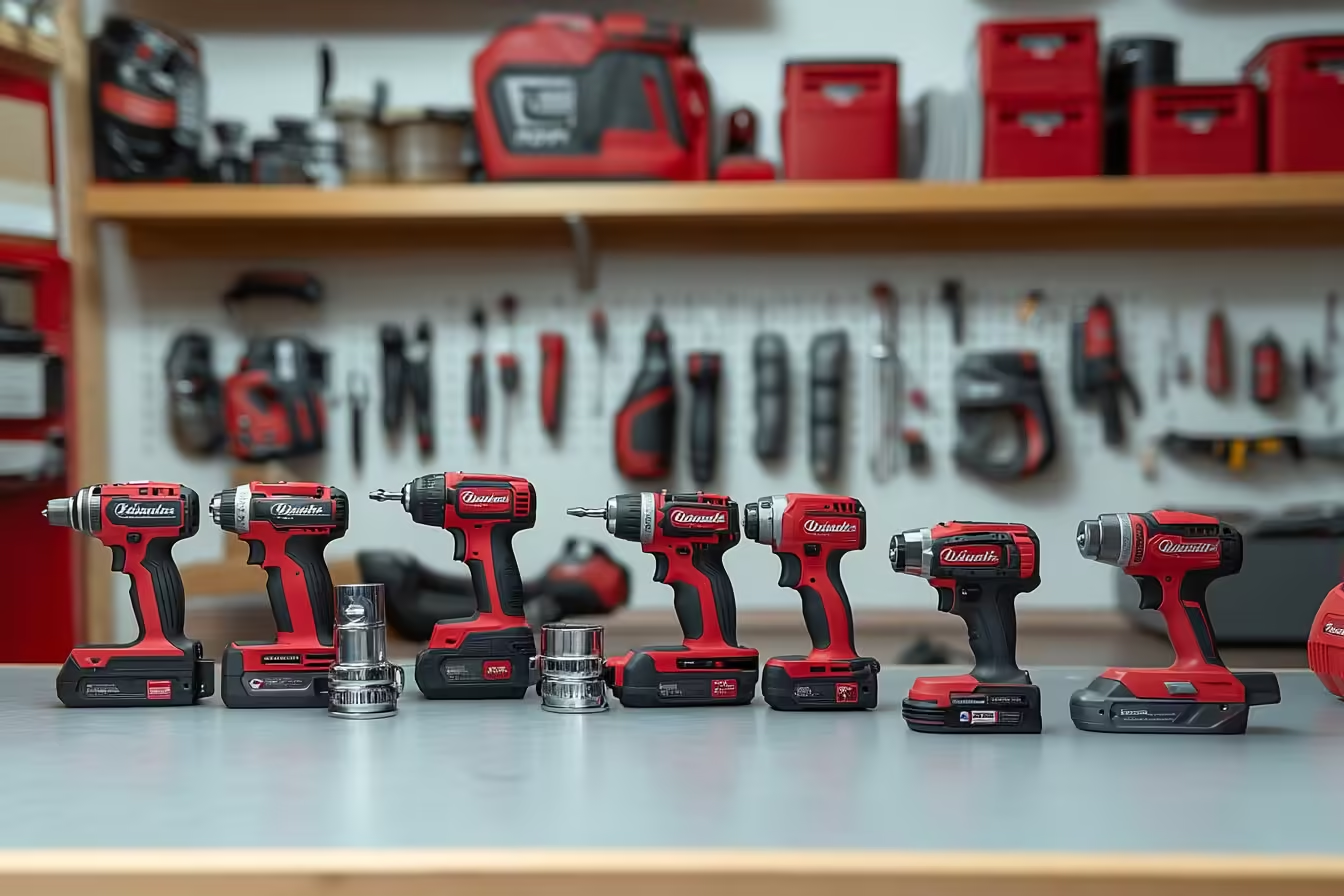
Milwaukee, for instance, excels with its heavy-duty tools ideal for professional contractors. DeWalt, on the other hand, offers versatile tools known for balanced power and value, making them popular among both pros and DIYers. Makita impresses with lightweight, ergonomic designs, while Bosch is favored for precision and durability. Each brand has its loyal following, and the best choice often comes down to personal preference or specific project needs. In some cases, the best brand might just be the one that fits comfortably in your hand while delivering the power you need.
What is more expensive: Milwaukee or DeWalt?
When comparing Milwaukee and DeWalt, the price tag often reflects different build focuses, target audiences, and tool longevity.
Milwaukee tools are generally more expensive than DeWalt, often due to their focus on premium materials and higher torque capabilities for heavy-duty tasks.
Milwaukee caters primarily to professionals, with tools built for challenging environments. DeWalt, while still high quality, tends to offer more variety in price, catering to both high-end users and the average homeowner. So if you’re in for long-term, frequent use, Milwaukee might be worth the extra cost. However, for occasional home projects, DeWalt’s tools often provide similar performance without the premium price tag.
Conclusion
Understanding what drives the cost of cordless tools helps you make informed choices tailored to your needs and budget.
-
The link will direct users to guidance on choosing cordless tools ideal for fence repair, particularly on large properties where mobility and convenience are crucial. ↩
-
The link will provide users with information about high-performance batteries suited for cordless tools, ensuring they understand which batteries offer longer usage and faster charging. ↩


